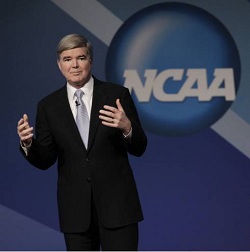Gooood Morning, Ethics Alarms!
1. And the grandstanding goes on. CNN’s HLN repeatedly played the Tonight Show’s Jimmy Fallon’s undoubtedly heartfelt and gratuitous “very special episode” where he condemned racism and bigotry and saluted the victim of the vehicle attack by James Fields, saying that she was standing up for “what was right.” I’m sure she thought she was. She was, however, in a group that stood for the suppression of free speech and political views they have decided don’t deserve First Amendment protection. That is NOT “right.”
Shut up and be funny, Jimmy. You haven’t been given that show to make half-baked and ignorant political pronouncements, That’s Stephen Colbert’s job.
2. The President came out yesterday with an unequivocal condemnation of racism, bigotry, violence and white nationalism. The Times headline today notes this, but that “some say it was too late.” Of course “some” do. And besides, says my allegedly rational liberal former Democratic Congressman staffer Facebook friend, it is obvious what he really believes. And besides, even if his statement hadn’t been too late, there were “dog whistles” in it, and his body language was suspicious.
I have to keep reminding myself that these people are ill, in the grip of a powerful mob mentality and to “hate the sin, never the sinner,” as Clarence Darrow said (but probably didn’t believe).
3. Related: from Investor News Daily, via Instapundit:
“Obama never mentioned the anti-cop sentiment fomented by Black Lives Matter — with an assist from Obama himself — in his brief statement after five police officers were assassinated in Dallas. Obama did find room in those remarks to mention racist cops. Did anyone on the left complain?”
Wait—is it too late for Obama to condemn anti-white racism now? Continue reading









